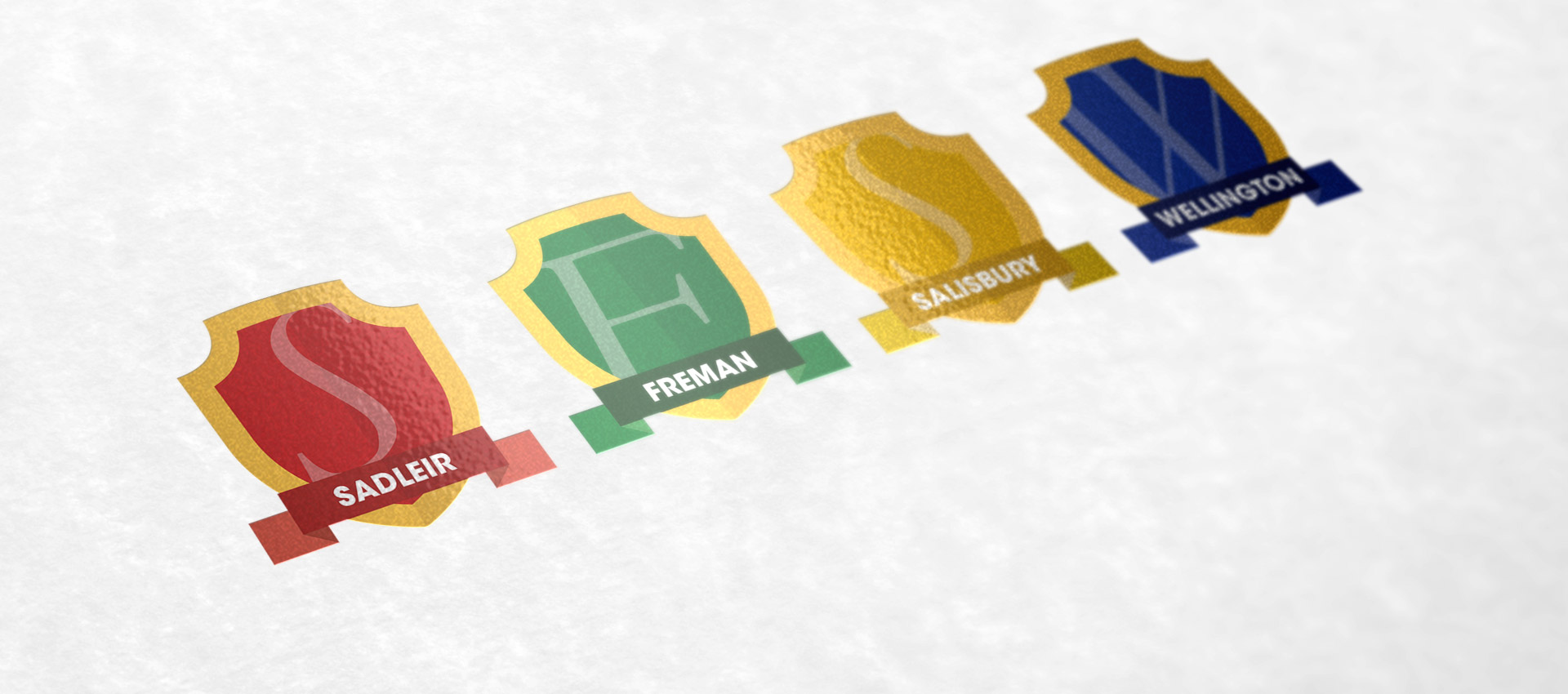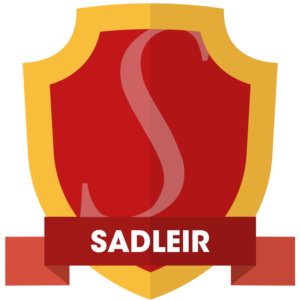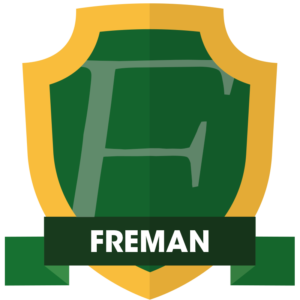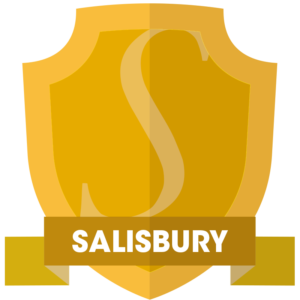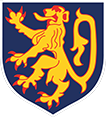The House System
Our four school houses are called Sadleir (red), Freman (green), Salisbury (yellow) and Wellington (blue).
Every child is allocated to a House on entry to the school as are staff. We try and keep our pupils in the same house as siblings currently attending school. If requested, we will try and keep pupils to the same houses as parents/carers or other relatives.
House Structure & Points
Each House has two House Captains, two Vice Captains and two Sports Captains from Year 8. The pupils apply to the School Leadership Team in the summer term of Year 7, setting out their reasons for wanting to be a House Captain or Sports Captain and explaining what they think they will add to the role. Those chosen to be leaders of their House are expected to set a good example throughout the school and to lead their House in a reliable and responsible way. House Captains are largely responsible for making sure their House is represented well in the various competitions and Sports Captains for organising teams, practices etc. At the end of every year a trophy is awarded to the House with the most points.
House points can be earned through a wide range of different activities. Many points are earned on the sports field and there are inter-house matches for most of the sports the children take part in during their time at Ralph Sadleir. Inter-house competitions in literacy, numeracy and science also allocate house points to entrants.
All of our Houses are named after people who have influenced the lives of others. They all come from different backgrounds but they were all respected and all important in their own way. They were not all successful from the start of their lives but they all worked hard to achieve the things they believed were important. They were all able to influence other people for the good. They all made a contribution to their wider communities.
Sadleir
Sir Ralph Sadleir was a truly remarkable man born in 1507. Sadleir lived in the Tudor Age and during his life he learnt Latin and Greek, became fluent in French and devoted himself to learning about the affairs of state and the art of diplomacy. In addition, he was a remarkable horseman and an exceedingly skilled exponent of the art of falconry. He was knighted in 1543 and gained further promotions to eventually become King Henry VIII’s Principal Private Secretary and subsequently was one of the council of twelve that advised the new young King Edward VI during his short reign. Ralph retired to live quietly in Standon with his wife and family towards the end of his life. During this time, he would often ride to Hatfield House where Princess Elizabeth was living.
Freman
The Freman family lived at Aspenden and Hamels. The men of the family were all well-respected and took an active part in the local government of Hertfordshire. Elizabeth Freman was a very public-spirited lady who wanted to improve opportunities for local people and, with her sister, she founded the Grammar School in Buntingford sometime after 1620. This school provided an education for boys in the area who would otherwise not have had the opportunity to succeed. One of the school’s earliest pupils was Seth Ward who went on to become Bishop of Salisbury – another link to the name of Salisbury. Freman College in Buntingford was originally named Ward Freman School after Elizabeth Freman and Seth Ward who both did much for promoting education in the area.
Salisbury
Salisbury is named after the Rt Hon Robert Arthur Talbot Gascoyne-Cecil, the 3rd Marquis of Salisbury. Born at Hatfield House in 1830, and after an unhappy childhood, he went to Oxford University where he studied Maths and then entered politics as a Conservative. He became known as Lord Robert Cecil and worked as Secretary of State for India before becoming Foreign Secretary and gaining a reputation as a master of foreign diplomacy. He later became Prime Minister, believing firmly in ‘peace with honour’.
Wellington
Wellington House is named after Arthur Wellesley, 1st Duke of Wellington, famous soldier and statesman. Born in Ireland, he was not much of a student and was unsuccessful at all of the schools he was forced to try. He finally ended up in a French military academy and it was as a soldier that he found his strength. On his return to England he was knighted and continued to serve as a great commander, leading his troops to various victories. Later becoming Prime Minister, Wellington was a stubborn man and this eventually led to his downfall whilst earning him the title of the ‘Iron Duke’ – it was rare for him to be persuaded to change his mind about anything.

